You’ve found the perfect home in Boca Raton. Maybe it’s a beachfront condominium or a house near your favorite golf course.
You love the layout, and it’s just the right size. But have you met the neighbors yet? While introducing yourself after closing is a nice way to get to know the community, having a conversation with them before you buy is an even better idea.
Learn about the house
You aren’t really going to get into financial details here. There’s no need to discuss price or market value, for example. Rely on your real estate broker for that.
Instead, you’ll want to see if the neighbors have any general information about the home or its owners that could influence your decision. Maybe they’re heavy smokers, for example, but they’ve covered the smell with a dozen Scentsy warmers.
You might learn some additional details about the condition of the home.
They may remember seeing an exterminator over at the house every day for the last month. Hopefully any stories they have will match up with the seller’s disclosure.
When discussing the house, be careful that you don’t reveal any information about your offer or how you feel about the home. If the neighbors are close friends with the seller, that might pass along information you’d rather keep to yourself. For example, if you are in a hurry and willing to pay more than asking price, the seller could use that against you in negotiations.
Questions to ask about the house:
- Do you know anything about the previous owners?
- Have the current owners had any particular problems? (water drainage, roof damage, etc.)
While any details the neighbor give may be useful, the best indicator of condition will still be in the inspector’s report.
Learn about the neighborhood
Driving around a community at different times (and on different days) is one good way to learn more about the area’s condition and atmosphere. But meeting the neighbors can often give you a better sense of what the community is like.
First of all, you’ll find out if they’re friendly themselves. Granted, you’ll have to cut them a little slack since you are showing up randomly on their doorstep. Some are more forthcoming than others, and their relationship with the seller could tell you a lot.
By talking to them before the sale, you’ll know if they’re the type of neighbor to loan you a cup of sugar. Or if they’re the type to yell at you for parking too close to their driveway.
You can also learn a lot about the personality of the area. If there are lots of kids or dogs, for example, that could mean it’s a friendly neighborhood. It could also mean extra noise, so you’ll have to decide how to interpret the information.
Questions to ask about the neighborhood:
- How long have you lived in the area?
- What do you love most about it?
- If you could change one thing about the neighborhood, what would it be?
- What three words would you use to describe the community?
Learn about the Homeowners Association
Since an HOA (Home Owners Association) or COA (Condominium Owners Association) will play an important role in our experience as homeowners, it’s a good idea to find out how they operate. You can learn a lot about the HOA from investigating its documents, but that’s no substitute finding out how the actual homeowners feel about the association and how it operates.
By discussing the HOA with the neighbors, you may learn whether or not the association strictly enforces deed restrictions, how the owners meetings are handled, etc. Ask at least a few neighbors about the HOA because one person’s negative (or positive) experience could be the exception.
Questions to ask about the HOA or COA:
- Does the association represent all members fairly?
- Are meetings contentious or friendly?
- What experiences have you had with the HOA or COA?
Takeaway
Sure, it’s a bit awkward to walk up to a stranger’s door and introduce yourself as a potential neighbor. But the uncomfortable part will fade away after a few minutes, and the information you gather could help you decide whether or not to put in an offer or walk away.
For more advice and helpful information about the home buying process in South Florida, take a look at our Buyer’s Guide.
